TOOLBOX TALK PRESENTERS
Each session has three presentations that are run concurrently. Delegates will register for one presentation in each session that is of most interest to them.
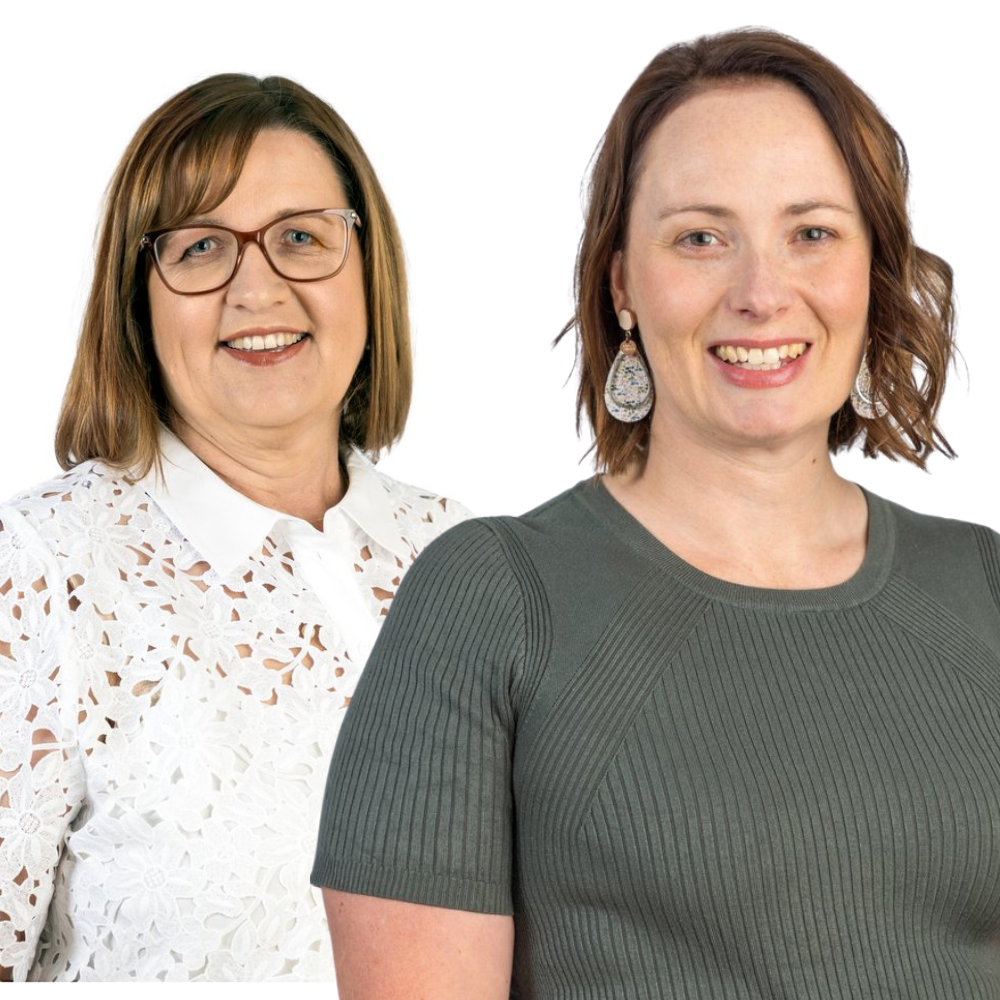
Rebecca Nicoll and Sharon Ferguson
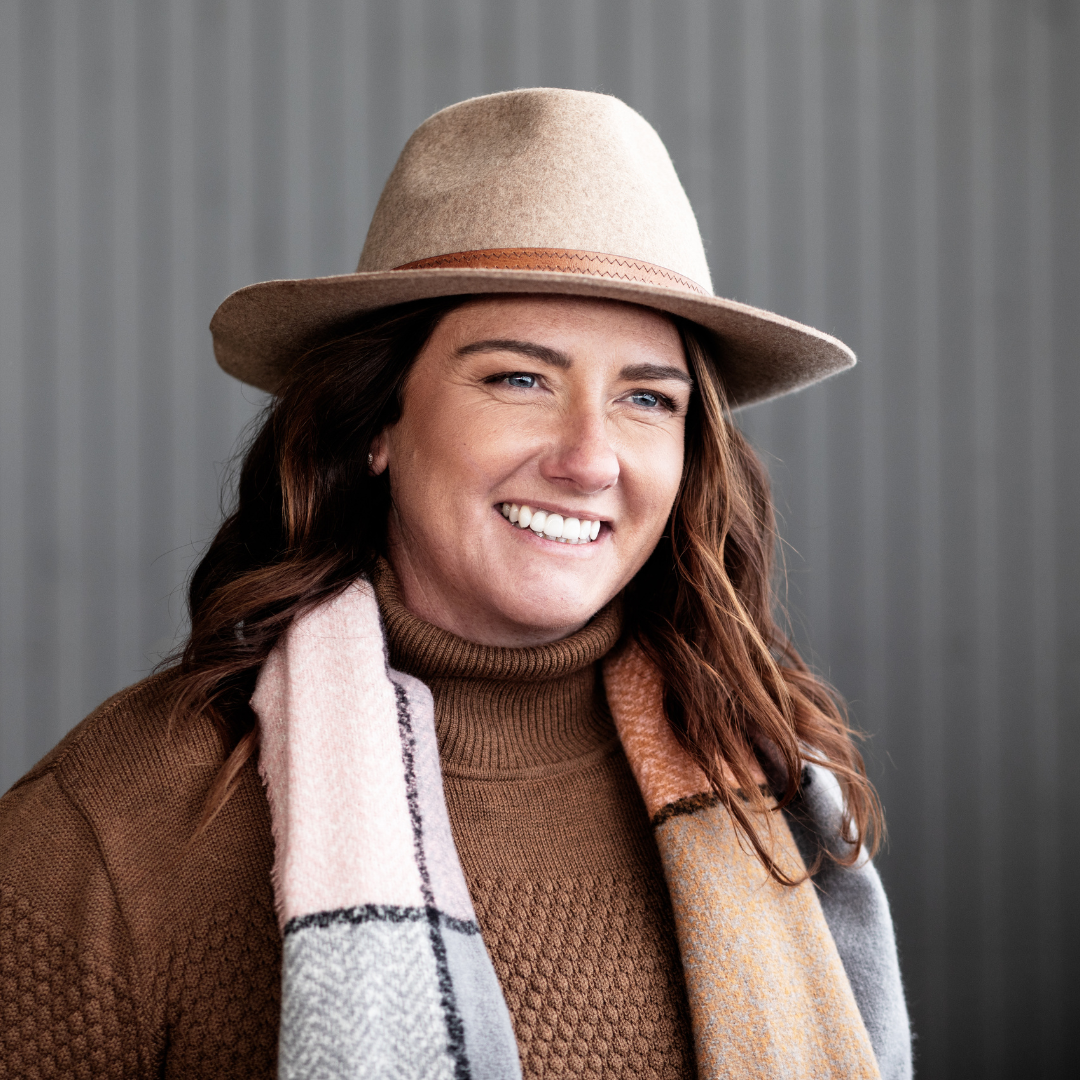
Melissa Duniam
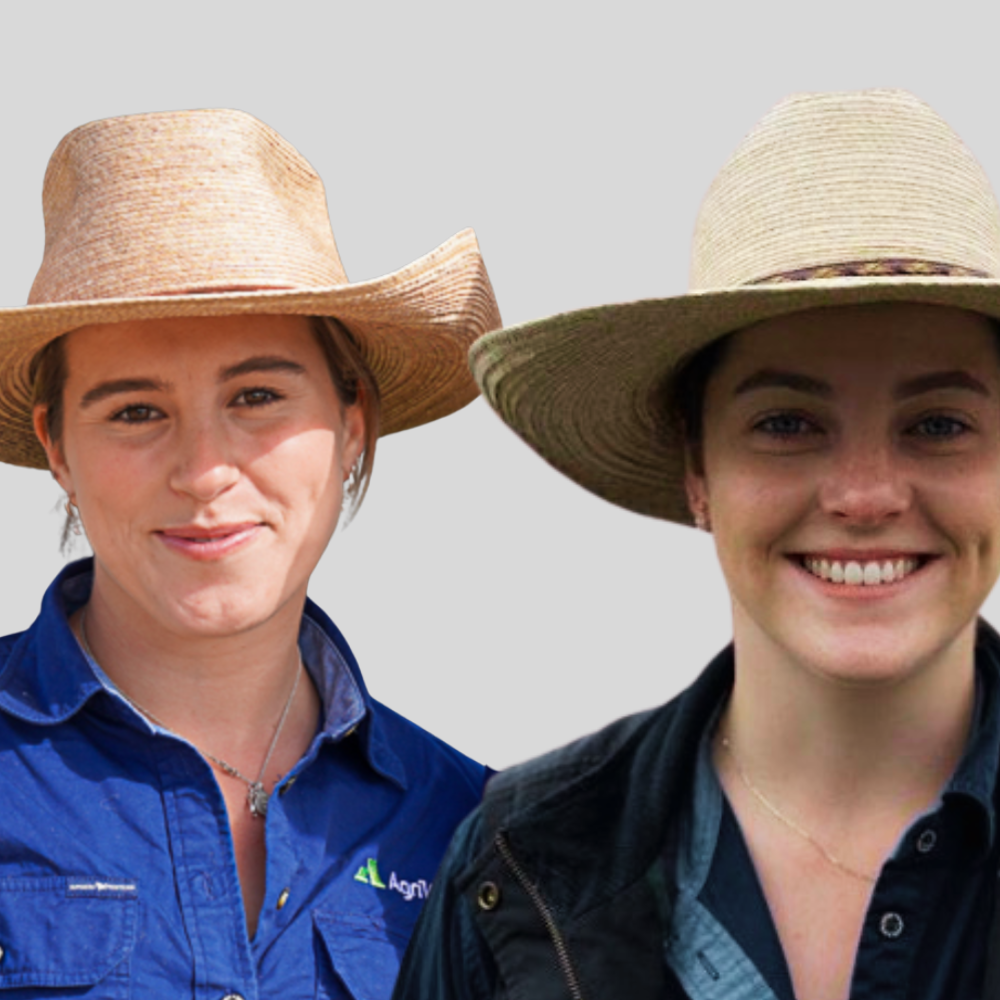
Pip Haberlin and Izzy Hardwick
Rebecca Nicoll CA
Rebecca Nicoll commenced her career with Bush & Campbell in February 2003 and over the last 22 years has become a trusted leader in the financial services industry. She was appointed a Director of Bush & Campbell in July 2015, and throughout her career she has developed a deep expertise in managing complex financial challenges and guiding clients toward sound financial decision-making.
Rebecca has worked with a diverse range of clients in regional areas, from small businesses to large farming enterprises, offering tailored solutions that promote growth, compliance, and long-term success.
For Rebecca, accounting is not just a numbers game. She believes her best asset is her ability to listen to and understand each client’s unique set of circumstances and combines this with her industry knowledge and experience to give her clients real peace of mind.
Rebecca believes in making her clients’ lives less complicated. In fact, she loves nothing more than simplifying complex regulations, legislation and accounting practices so her clients better understand their financial position.
In addition to her professional expertise, Rebecca is also a dedicated mother of three, demonstrating the same level of commitment, organisation, and perseverance in balancing a successful career with family life. Juggling the demands of business and raising a family, she has become an expert in time management and maintaining a work-life balance.
Sharon Ferguson Adv Dip FS (Financial Planning)
Financial Planning Director & Senior Financial Planner
With over 30 years of experience in financial services, Sharon Ferguson is a highly regarded specialist in financial planning. She joined Bush & Campbell in 2001 as a financial planner and became the firm’s Financial Planning Director in 2012.
A firm believer in the power of strong financial foundations, Sharon transitioned from a successful banking career into financial planning, driven by her desire to help people achieve financial security, independence, and peace of mind. She is an expert in superannuation, retirement planning, investment advice, personal insurance, and aged care, creating tailored financial strategies that grow and adapt with her clients’ changing needs. She takes great pride in simplifying complex financial matters, empowering clients to make confident, informed decisions.
Deeply connected to the Wagga Wagga community, Sharon is known as a trusted advocate for families navigating aged care planning. Frequently sought after for her expertise in nursing home financials and Centrelink assessments, she guides families with clarity and care through what can often be an overwhelming process.
At Bush & Campbell, Sharon values the privilege of working with multiple generations, helping families build lasting financial security. Her commitment extends beyond the office—she is an active member of the Rotary Club of Wagga Sunrise through Bush & Campbell’s corporate membership, contributing to initiatives that support the local community.
The Answer: Never.
Join Rebecca Nicoll and Sharon Ferguson, Directors at Bush & Campbell Accountants and passionate advocates for women’s financial empowerment, for a practical and inspiring session designed just for women in agriculture.
Through an interactive “toolbox” of stories, tips, and real-world advice, you’ll learn how to:
- Launch and sustain open dialogue across generations
- Bridge age and experience gaps with respect
- Align personal goals with long-term farm planning
- Weave values into practical decision-making
This session goes beyond technical strategies. Yes, you’ll hear expert guidance on succession planning, including:
- Strategic farm structures
- Capital gains tax considerations
- Superannuation
- Personal insurance
- Overall financial planning strategies
But more importantly, Rebecca and Sharon will highlight the often-overlooked personal side—where most succession plans thrive or fail. Drawing on their experience with multigenerational farming families, they’ll show how women’s unique leadership keeps relationships strong and conversations open. Whether it’s a quiet nudge or a courageous step, your voice is vital.
You’ll walk away with:
- Confidence to help shape your family’s legacy
- Tools to navigate difficult conversations
- Insight into your critical role in long-term wealth building
- Practical steps to safeguard both your farm and your family’s bonds
Whether you’re managing the farm, preparing to take over, planning for retirement, or thinking about the next generation—this session is for you.
Step into your power, shape your farm’s future, and lead with confidence.
Women in agriculture have long been celebrated as the “backbone” of rural communities, admired for their capacity to juggle countless roles, responsibilities, and expectations - often putting the needs of family, farm, and community above their own. Traditional narratives praise rural women for their resilience, equating strength with endurance and the ability to persist through hardship without complaint. But what if this idea of resilience is not only limiting but actively contributing to burnout, resentment, and exhaustion?
This presentation challenges the misconception of resilience as mere endurance, offering a powerful reframing: resilience isn’t about how much hardship you can tolerate, but about Emotional Fitness - the capacity to intentionally navigate life's challenges without sacrificing your wellbeing, core values, or sense of self.
Through relatable storytelling, authentic examples from rural women, and practical insights, attendees will uncover the hidden costs of misplaced loyalty to outdated traditions, roles, and expectations. Participants will be introduced to three powerful Emotional Fitness tools.
Women attending will leave with a fresh understanding of what true resilience looks like in practice not as endless endurance, but as a sustainable, values-driven approach to leadership and life in agriculture. This presentation is about shifting the narrative from surviving to thriving, empowering rural women to confidently lead differently at home, in business, and within their communities without sacrificing what matters most.
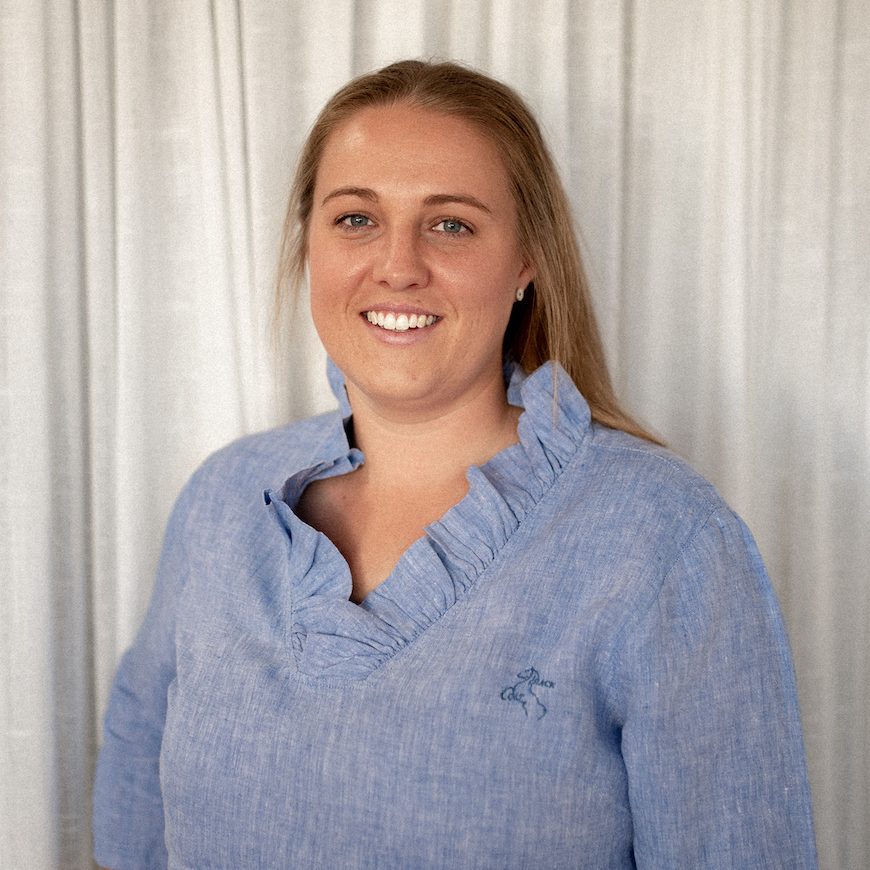
Emily Sinderberry
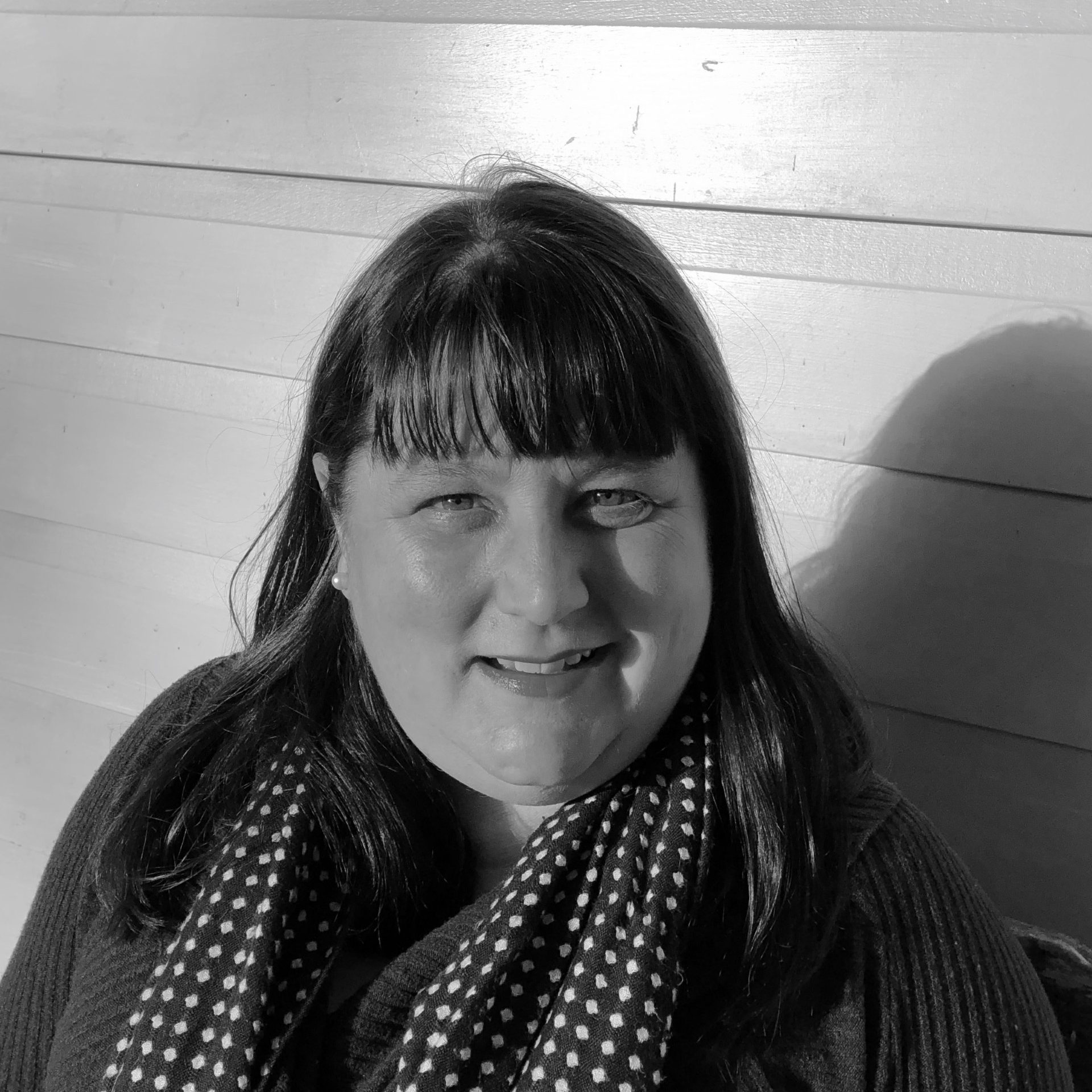
Lisa Anderson
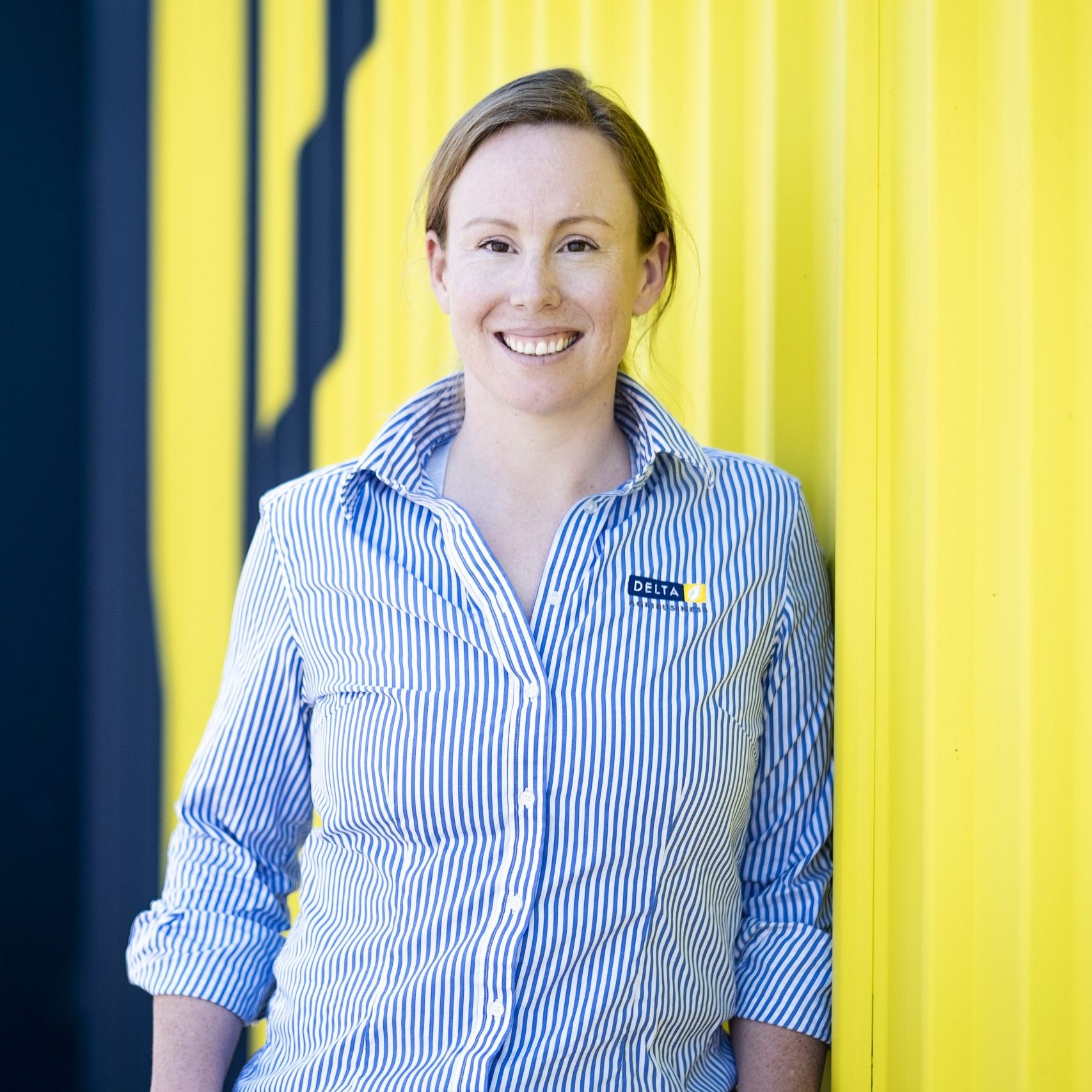
Rebecca Rodgers
Emily Sinderberry is a farmer, mum, and strategic bookkeeper passionate about helping rural women take control of their finances. Living and working on the land, she understands the juggle of managing farm businesses, family, and finances.
As the founder of EJS Business Services, Emily provides strategic bookkeeping, cash flow coaching, and business advisory tailored for rural businesses. She has presented at industry conferences and workshops, equipping women with practical financial strategies to build resilient, profitable businesses.
Her mission is simple: to help rural women gain financial confidence, secure long-term business success, and shape the future of agriculture.
Running a rural business isn’t just about hard work—it’s about smart financial management that ensures long-term success. In agriculture, where seasons are unpredictable and margins are tight, understanding cash flow, profit, and financial strategy is essential for sustainability and growth.
In this practical and engaging Toolbox Talk, Emily Sinderberry will break down 7 key financial fundamentals that every rural business needs to thrive. Based on proven strategies, including the 7 Deadly Cash Flow Sins ebook Emily co-authored, this session will help attendees identify common financial pitfalls, fix cash flow leaks, and build a business that works for them—not the other way around.
Attendees will learn:
✔ How to diagnose cash flow issues using a simple self-assessment tool
✔ The top financial mistakes that silently drain profit—and how to fix them
✔ Practical steps to increase cash flow, improve profitability, and create time wealth
Emily understands firsthand the challenges rural women face in balancing business, family, and life on the land. As a farmer, mum, and strategic bookkeeper, she’s helped countless rural business owners simplify their finances and take control of their numbers—without the stress.
This session isn’t about dry accounting talk—it’s about real, actionable financial strategies that rural women can use immediately to feel confident in their business decisions and secure their financial future.
Whether you're running a farm, agribusiness, or rural enterprise, this Toolbox Talk will equip you with the tools to thrive—financially, professionally, and personally.
Join Emily at Thriving Women 2025 and take the next step toward a stronger, more profitable business that supports the life you dream of.
Passionate about people, partnerships, and creating environments for growth, Rebecca Rodgers is a driving force in the agribusiness sector. Growing up on her family’s farm in Hay, NSW, she brings a grounded, practical perspective to building high-performing, sustainable teams and cultures.
With over 15 years' experience leading HR, WHS and ESG initiatives across commercial and agricultural industries, Rebecca has been a key part of Delta Agribusiness since 2014, where she heads up People, Safety, and Sustainability.
Rebecca holds a Master’s degree in HR Management and Organisational Development and a graduate of both the AICD and the ARLP (Course 24).
In today’s fast-paced and ever-evolving agricultural sector, building and leading high-performing teams is more critical than ever. Drawing on over 15 years of leadership experience across HR, WHS and Sustainability, Rebecca Rodgers will share practical insights on how to create team environments where people thrive, performance soars, and positive change is sustained.
This session will explore how to align purpose, accountability, and culture to drive results — while challenging the status quo to unlock continuous improvement. With a focus on practical strategies, Rebecca will outline how to set teams up for success, navigate growing pains, and build resilience for the future. Perfect for leaders who want to foster collaboration, innovation, and high performance in today’s dynamic ag industry.
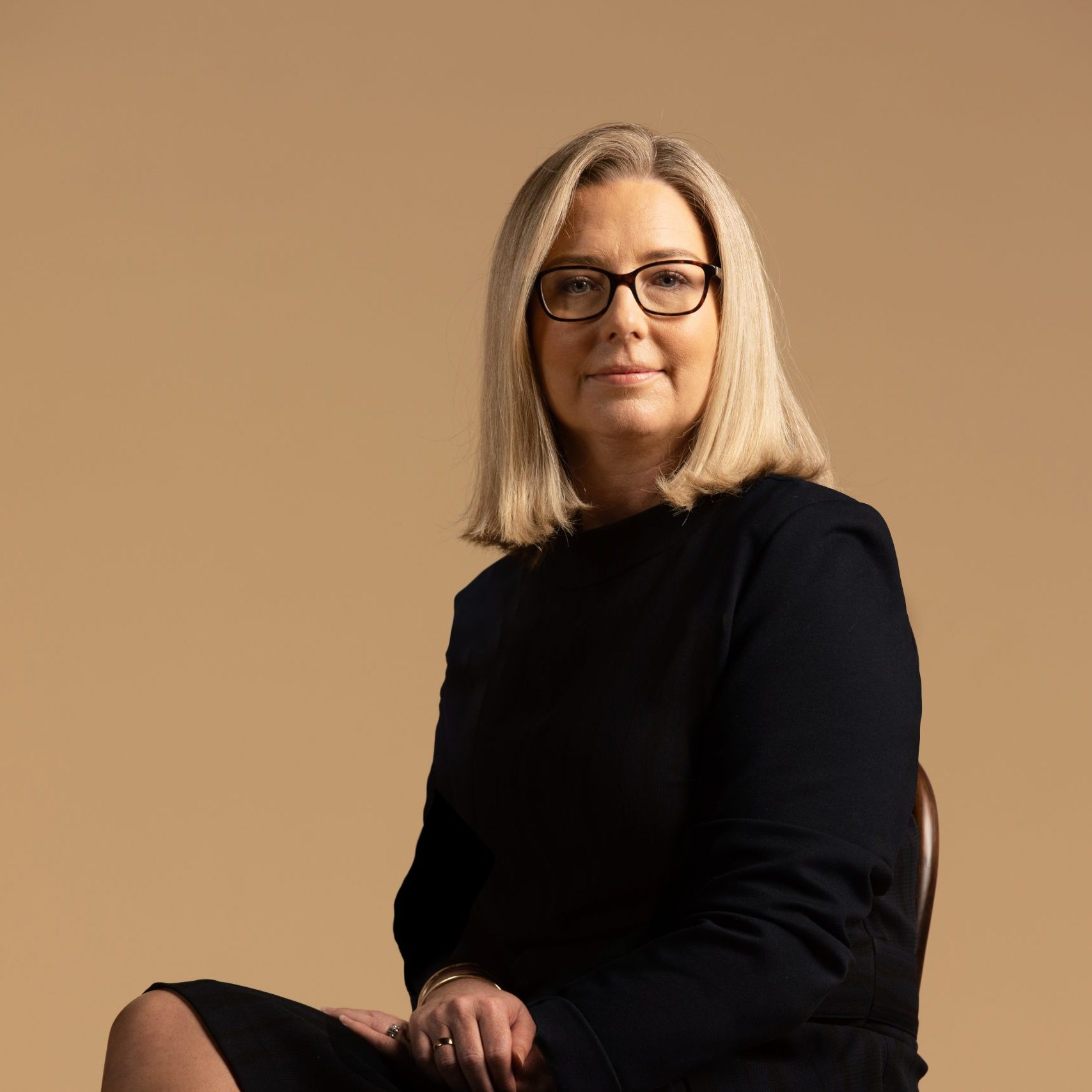
Julianne Carroll
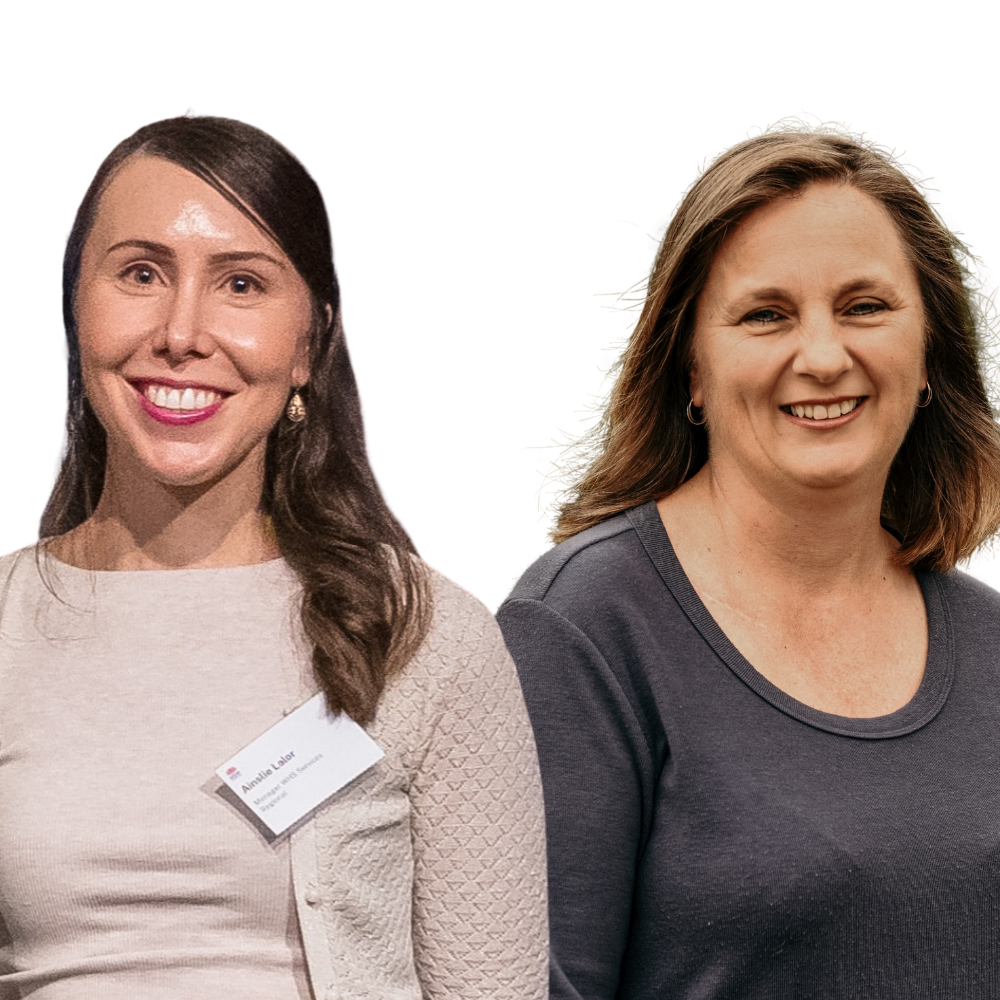
Ainslie Lalor and Nicole Murphy
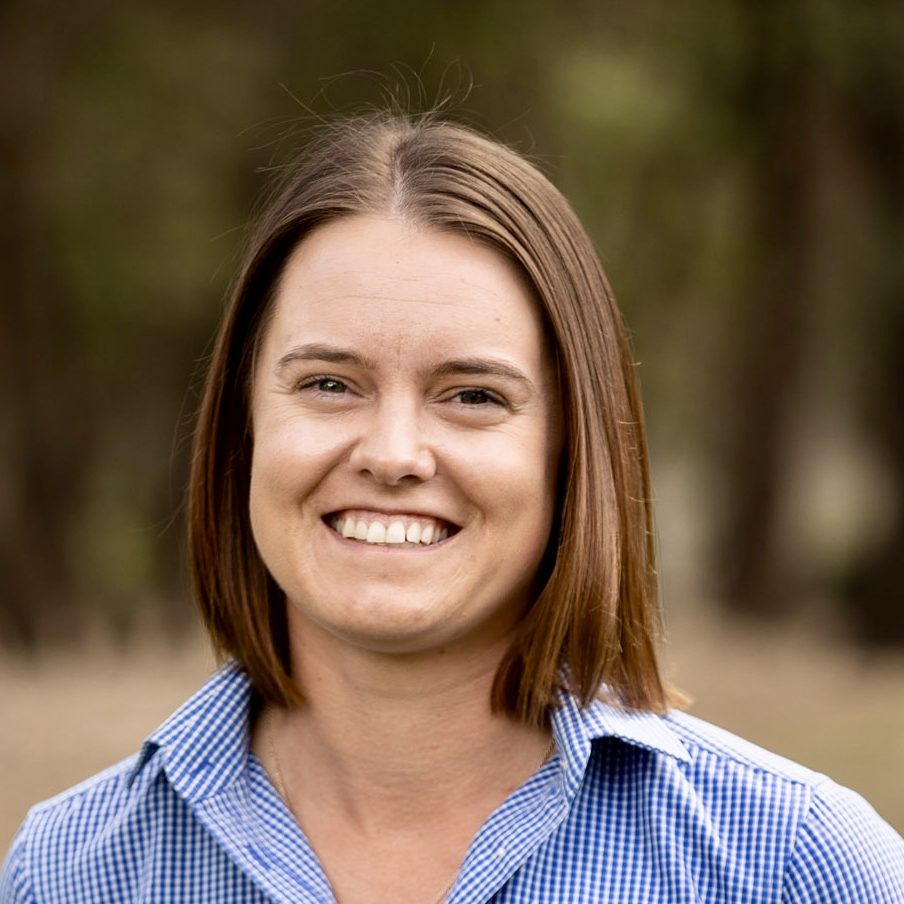
Tanisha Shields
Julianne Carroll is a highly regarded Solicitor and Director at Commins Hendriks with over 15 years of experience in litigation, including estate and commercial litigation, criminal matters, medical negligence and employment related disputes. Known for her strategic advice and empathetic client approach, Julianne assists clients in navigating complex family dynamics and legal obligations. She regularly presents to professionals and communities on estate law issues and is passionate about improving awareness of family provision claims and their impact on succession outcomes.
Ainslie Lalor is a Regional Operations Director with SafeWork NSW. With a strong agricultural background, she brings deep insight into rural work environments and is committed to advancing safety standards in the agricultural sector through practical, informed leadership.
Nicole Murphy runs a farming operation in the southern region of the state, bringing hands-on experience and a deep connection to the land. Having lived through the tragedy of a workplace fatality, she is a passionate advocate for farm safety.
This presentation will challenge common myths and misconceptions about safety in agriculture, highlighting how outdated beliefs can put lives at risk. Through real-world insights and practical strategies, it will offer straightforward, effective solutions to improve safety on farms. The goal is to empower farmers and agricultural workers with tools and knowledge that make safety a practical, achievable part of everyday farm life.
By the end of this session, participants will:
- Identify and challenge common myths about safety in agriculture that can lead to risk or complacency.
- Understand the real impacts of farm incidents, including personal stories and data-driven insights.
- Learn how to embed safety into everyday routines without disrupting productivity.
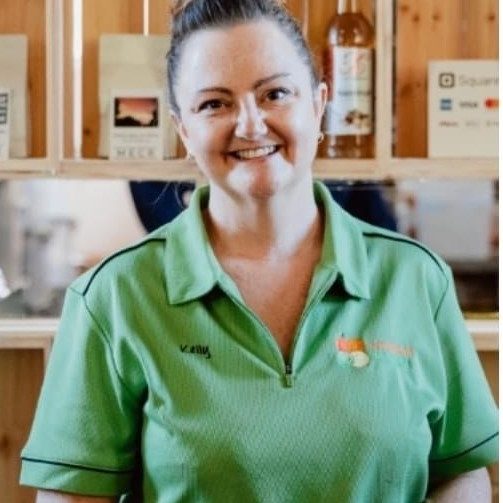
Kelly Johnson
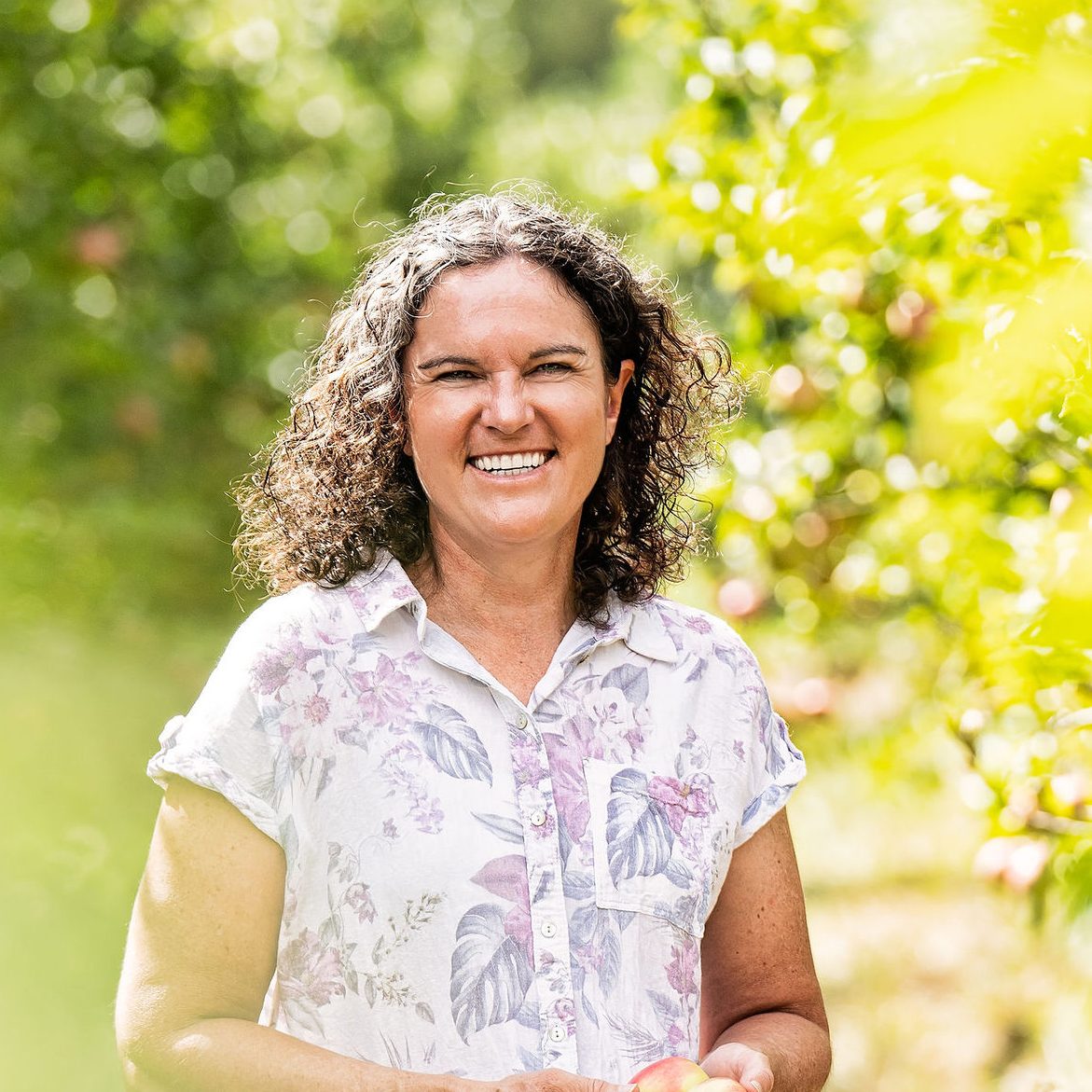
Susie Green

Gracia Kusuma
I am a passionate advocate for resilience, adaptability, and the power of community. Growing up as a dairy farmer’s daughter who was a Vietnam veteran, I developed a deep appreciation for hard work, perseverance, and connection to the land. My journey has been shaped by life’s challenges - raising twins with autism, supporting a son with a heart condition, surviving cancer, overcoming a major car accident and most recently supporting our youngest who has been diagnosed with MS. Through it all, I have managed to remain positive, continuously learning, adapting, and embracing kindness that surrounds me in a rural community.
Gracia Kusuma is the Workplace Relations Director at the NSW Farmers' Association, bringing over 12 years of experience in agricultural workplace relations. Through her extensive work assisting farm businesses at various levels of the farm enterprise, she has developed high-quality communication skills to help manage workplace dynamics effectively. Gracia provides tailored guidance on employment matters, helping businesses navigate complex legal obligations while fostering positive workplace cultures. Frequently invited as a speaker on workplace relations, she leads workshops and offers practical advice ensuring agricultural enterprises operate within employment legal frameworks while maintaining strong employer-employee relationships.
This toolbox talk will explore how women in agriculture can champion workplace culture by setting clear expectations, the underpinning workplace laws that apply, maintaining strong communication, and reinforcing values that promote respect and collaboration. It will highlight the importance of safety leadership - demonstrating how women influence compliance, implement proactive risk management, and instil a safety-first mindset among workers.
Shaping the future of agriculture requires an understanding of the underpinning rules that govern workplace practices. From employment obligations and workplace health and safety regulations to compliance in modern farm operations, women play a crucial role in ensuring their businesses run efficiently and sustainably. By navigating these frameworks with confidence, women can create structured, legally sound, and high-performing agricultural workplaces.
This session will focus on how women can take the lead in establishing clear expectations, enhancing communication, and building strong workplace policies that promote respect, accountability, and productivity.
Aligned with the Conference’s themes of self-mastery, business innovation, and community growth, this discussion will provide practical tools to help women excel in their roles, drive workplace improvements, and advocate for change. By recognising and enhancing their influence, women can continue to transform agricultural workplaces into safer, more efficient, and future-focused environments.
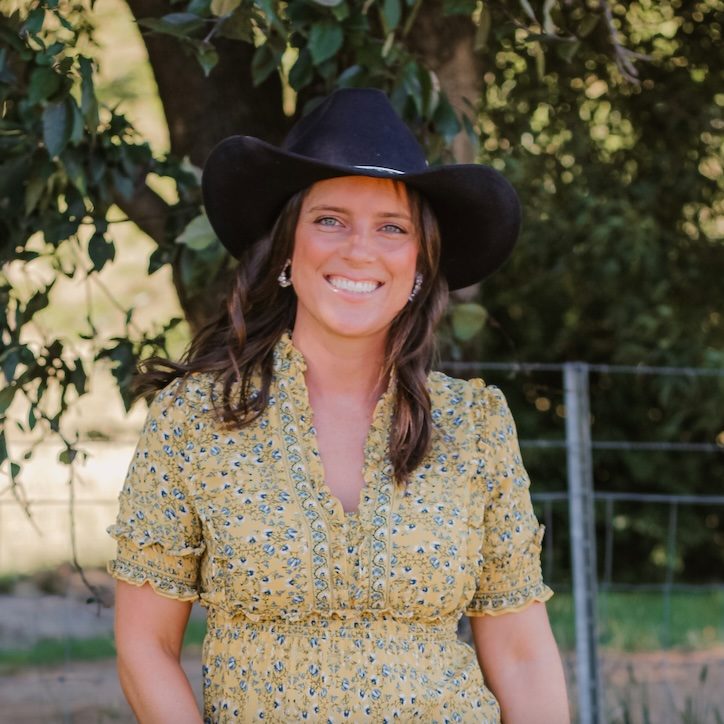
Patrice Douglas
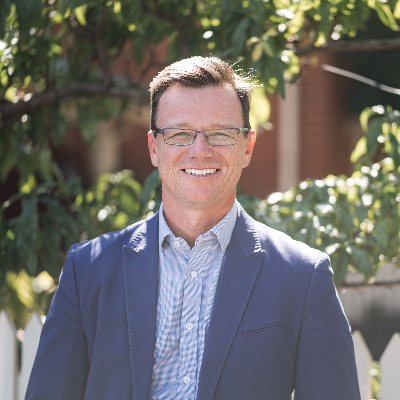
Tony Catt

Malinda Guest
Patrice Douglas is a highly regarded mentor and speaker for female professionals, specialising in helping individuals slow down, soften, and simplify their lives to achieve success. Growing up on horse studs in Scone, Sandy Hollow, and Gulgong in regional NSW, Patrice brings grounded wisdom to her work. With over six years of experience, she has supported clients worldwide to feel centred, confident, and capable. A country girl turned entrepreneur, her career spans from Head of Creative for an ASX200 property fund to mentoring over 1000 women. She hosts Into the Nothing, a podcast exploring what true success means for women today.
Success in agriculture - and in leadership - starts with how we lead ourselves.
In this practical, action-focused session, you’ll learn simple mindset habits that build clarity, confidence, and sustainable growth, even in challenging seasons.
You’ll discover fast strategies to reset your thinking when pressure rises, practical ways to stay focused during uncertainty, and daily mental habits that strengthen your capacity over time.
These are not abstract ideas - they’re easy, real-world tools designed for busy women managing businesses, careers, communities, and change.
Whether you’re leading a team, making tough decisions, or shaping your future, these mindset skills will help you stay steady, focused, and in momentum.
Walk away with practical tools you can use immediately - helping you think clearer, lead stronger, and continue growing, no matter what’s ahead.
Tony Catt is an experienced financial adviser with extensive experience in providing succession planning advice to farm businesses. He currently serves as the CEO of Hub39 and is a director of Catapult wealth, a wealth management and financial planning firm. After marrying into a large farming family from Renmark, Tony developed a passion for assisting families in transitioning their businesses to the next generation. Tony’s passion has found him providing succession and retirement planning advice to farming families from various sectors across Australia for over 25 years. He holds a Bachelor of Commerce, Graduate Diploma in Applied Finance, Graduate Diploma in Financial Planning and was a qualified accountant, making him uniquely qualified to provide comprehensive advice to clients.
Managing the transition of a business to the next generation is one of the most challenging aspects of a family farm business. In this workshop, Tony will cover a range of topics that arise when developing a plan for transitioning the farming operation from one generation to another. Tony will cover the two essential plans of succession planning: the dead plan and the living plan.
The dead plan focuses on the risk management in the event of the dead of a key person in the business. This plan outlines the steps to be taken in the event of an unforeseen death and is the most important plan in succession planning. The dead plan typically includes several key components including: wills, power of attorney, insurances and risk management.
The living plan focuses on the transition of ownership of the business, to ensure there are no surprises. This is the plan that comes to mind when thinking about succession planning. The living plan typically includes four key sub-plans: management plan, retirement plan, ownership plan and cheque book plan. The retirement plan involves outlining the predecessor’s plans for retirement, including timing, future involvement in the farm, incomes plan and where this comes from, aged care, housing, liquidity for one-o expenses and Centrelink. The management plan involves identifying potential successors, recognising and creating an actionable plan to fulfil any skill gaps and outlining a plan for transferring management. The ownership plan involves outlining a plan for transferring the asset. This could be a 5 or 10-year plan or upon death. Just because an operating entity has transferred, does not mean the asset ownership has to change immediately. The cheque book plan involves the decision-making responsibility of financial decisions.
Having well-documented and well-communicated dead and living plans are essential to the success of a succession plan. The plans then need to be regularly reviewed, well executed and maintained.
Three Key Learnings
- The importance that families behave like great teams and do not take this for granted.
- How to breakdown a plan for future generational change.
- How to develop key communication plans to become GREAT communicators.
Malinda Guest, Clinical Psychologist and Director of Boundless Psychology, is dedicated to educating individuals and communities on mental health, communication, and healthy relationships.
With a passion for rural mental health, Malinda balances her roles as a mother, wife, clinical psychologist, director, university lecturer, mentor, and psychology supervisor. She created Let’s Talk TACTICS to teach effective communication, especially on important topics. Her presentations and workshops draw from her transformative journey, offering both insightful lessons and moments of laughter.
Enhancing Communication with the TACTICS Framework.
Effective communication is essential for individuals and organisations, impacting productivity, relationships, and overall success. The TACTICS framework provides a structured, evidence-based approach to improving clarity, engagement, and efficiency while minimising misunderstandings and conflict.
TACTICS is designed to develop more effective communication skills by equipping individuals with the tools to express ideas and concerns clearly, listen actively, and navigate conversations with confidence.
Grounded in research and best practices, it evaluates its impact through individual surveys that measure both the effectiveness of the framework and improvements in communication skills.

